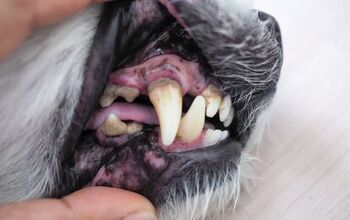CDC Issues Warnings About Rise In Insect-Borne Diseases

The Centers for Disease Control and Prevention (CDC) says that diseases coming from mosquito, flea and tick bites are on the rise in the United States and are cautioning citizens to take guard against being bitten.
Related: The Best-Rated Tick Remedies and Preventions on Amazon
According to the Vital Signs report the CDC shared, diseases that come from mosquito, flea and/or tick bites have tripled since 2004. The report range was from 2004 to 2016 and claimed that a growing list of diseases including Zika, West Nile, Lyme and chikungunya has made people really sick in recent years.
Dr. Robert Redfield is the Director of the CDC and he says that citizens have to take steps to prevent bites, as well as be proactive in treatment strategies to battle these diseases, and the report also identifies steps that people can take to protect themselves and their families. Dr. Redfield said that the first lines of defense against the diseases come from the state and local health departments.
Researchers at the CDC l0oked at 16 prominent diseases that are carried by insects and other organisms from 2004-2016 and found that nine types of germs not previously reported had been present in the United States. Seven of those new germs came from ticks, and 60% tick bite-borne diseases accounted for over 60% of all mosquito, flea and tick-bite related illnesses.
Additionally, the CDC reported that in 2016, the most common tick-transmitted disease was Lyme, followed by ehrlichiosis and anaplasmosis. Mosquitoes brought new or uncommon viruses to the U.S., including West Nile, dengue, chikungunya and Zika. Believe it or not, the plague was the most common flea-borne disease noted by the CDC.
Related: 5 Places to Regularly Check Your Dog for Ticks
Officials at the CDC suggest that better tools to support state and local efforts for detecting and controlling the diseases will best help prevent them. They also recommend that people use EPA approved insect repellants, wear long-sleeved shirts and long pants in areas rich with the insects, treat pets for flea and tick prevention and do what they can to keep mosquitoes, ticks and fleas away from their homes.
The CDC has pledged to give more funds to U.S. states and territories so they can better respond to the insects, and they are also looking to develop tests and treatments for diseases that come from the insects.

More by Lori Ennis























